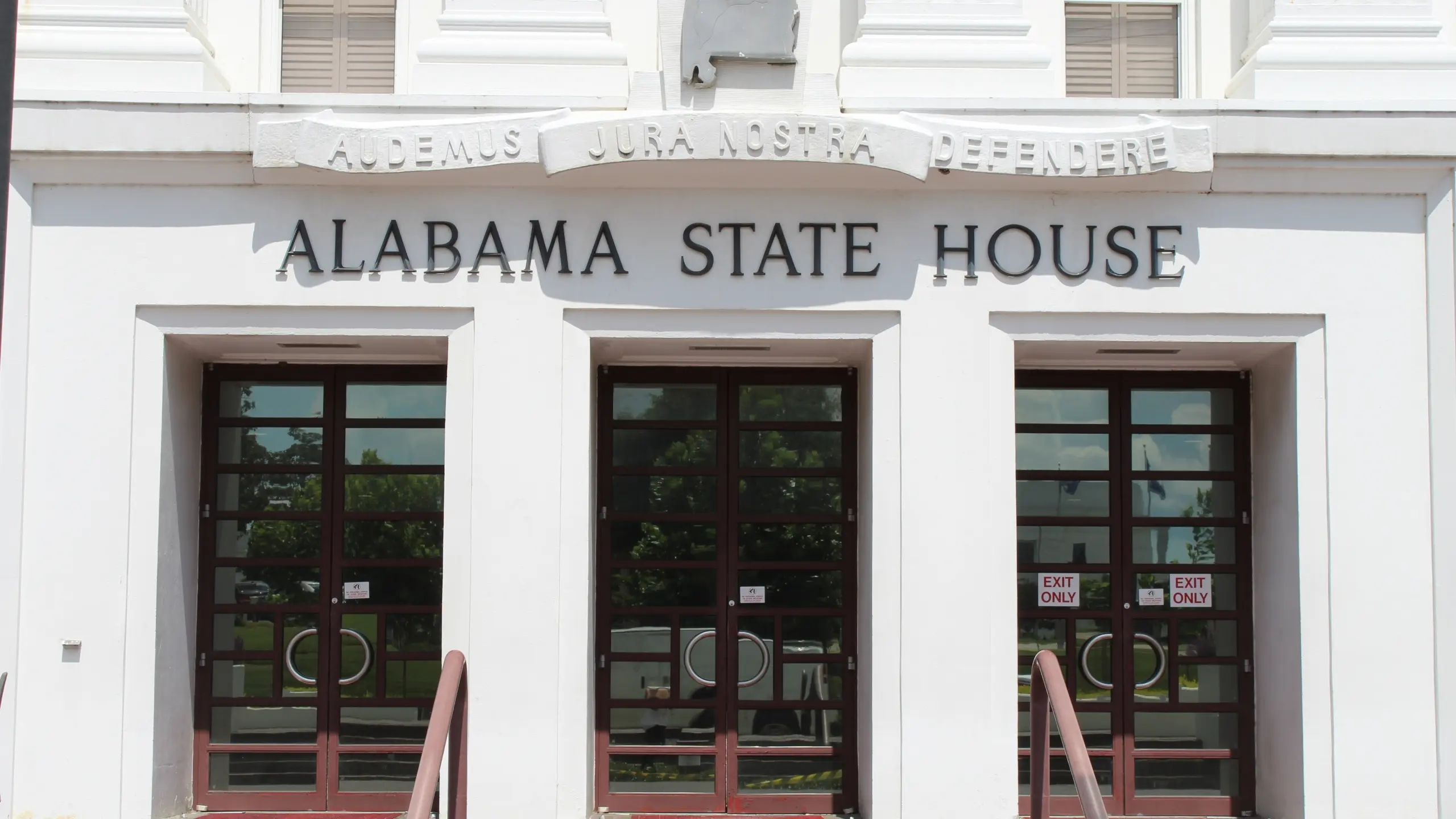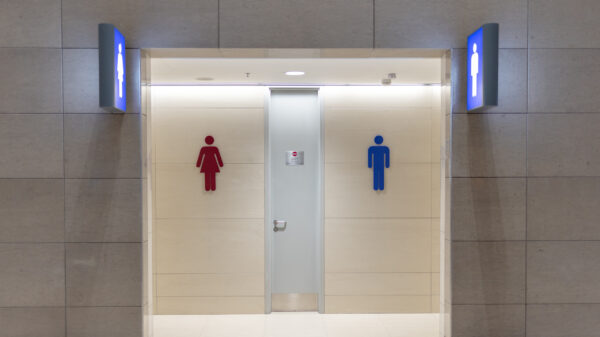|
Getting your Trinity Audio player ready...
|
Late Thursday afternoon, on the final day of the 2024 Alabama legislative session, there was a surprise flurry of gambling activity.
All of a sudden, seemingly out of nowhere, a dead bill was resurrected by the House and there was new talk of a conference committee, and that maybe there was going to be a last-minute save for the most controversial bill of the session.
And then, just as quickly, the talk fizzled. The bill was dead again. Everyone went home.
It seemed like a microcosm of the entire gambling ordeal – a lot of talk, but ultimately disappointment surrounded by confusion. And outwardly, that’s exactly what it was.
But behind the scenes, where the legislative sausage is made, it was a different reality. Still a microcosm, but one of the behind-the-curtain struggle that had persisted throughout the session between the Alabama House and the Alabama Senate.
According to two House members with knowledge of the ordeal, the last-minute movement by the House came in response to word that members in the Senate were planning to pull a fast one in an attempt to shift the heat onto the House for not passing the gambling legislation.
The plan, they told APR on condition of anonymity, was to take a bill sponsored by Rep. Jim Hill and essentially completely rework it into a makeshift lottery bill. Senate Republicans would then pass it and quickly adjourn, dumping yet another bad gambling bill on the House.
“It was a way for them to tell everyone, ‘Hey, we sent them two lottery bills and they wouldn’t pass them,’” the source said. “That’s what we dealt with the entire session – that sort of bull**it.”
If that sounds harsh, then it accurately portrays the feelings between the two sides of this issue, and in many ways, according to a number of lawmakers, it highlights a growing and more pronounced split between Alabama Republicans.
On one side are more civic-minded, serious lawmakers who see the job – either in the Senate or the House – as a vitally important role of service that should be focused on serving constituents and taking seriously the job of leading the state. On the other side are self-interested, unserious lawmakers who view the job as a means to push personal projects and personal faith, many of whom have no interest in aiding in a functional government so long as they are successful in pushing a specific agenda.
“It’s concerning to me that we have a growing number of members who see their job here as serving special interest groups, and they don’t seem to realize that they’re serving special interest groups,” said a longtime Republican lawmaker. “Just because a group out there believes what you believe doesn’t mean that they’re not a special interest group. We have some folks here who put up bill after bill written for them by this special interest group or that special interest group, and then they spend the rest of their time complaining about special interest groups having too much influence.”
It’s not surprising that gambling legislation would highlight the divide between the two groups. Because of Alabama’s unique laws and long history of cobbling together local gaming laws, and confusing it all with uneven enforcement and judicial rulings, it requires a solid amount of work to understand and craft workable legislation.
That’s why House members were particularly angry when members of the Senate ripped up their initial comprehensive gambling bills. The House had spent considerable time and effort putting those together, and they were the best efforts to address the problems and offer workable solutions that still provided solid economic return for the state.
What the Senate turned in, however, was wholly unworkable, and something that might be tried by a group of people who weren’t taking the issue seriously. Their bill was never going to have the backing of the various interested parties, nor would it bring in enough revenue to even support the new government body it established.
“There was no leadership in the Senate,” said a longtime lobbyist who worked with lawmakers on the gambling legislation. “It’s just that simple. In the House, (Speaker Nathaniel) Ledbetter made it clear that this was a serious project that could be used to pay for a lot of good things and solve a lot of bad problems. Look who worked on it (in the House). Look how serious they took it. Read their legislation, and how thorough it was.
“Now, go to the Senate, where no one was leading. Look who took center stage. Other than Albritton, who’s always going to be there, it was only people who were serving themselves – looking to make some donor happy. They never took it seriously, except maybe Garland (Gudger) right there at the end. And it showed.”
To many lawmakers, and those who work closely with the Legislature, the lack of serious public servants within the body is a growing concern. And the 2024 session did nothing to ease their concerns.
From a bill allowing the arrest of librarians to legislation making it illegal to teach about contraceptives to banning DEI to more transgender hate to outlawing assisting someone apply for an absentee ballot, the 2024 session was filled with do-nothing, unhelpful legislation designed only to get the sponsors’ names in news stories. And while that has always been a feature of government to some degree, the growing number of lawmakers who specialize in only that type of legislation is a concern for some.
“I don’t know how some of these folks keep getting elected,” a longtime lawmaker told APR. “Go look at their legislative histories, and look at what they sponsor. There’s almost nothing for their districts. Not even simple stuff. They’ll have 15 bills trying to get the confederate flag in a classroom or something, and not a damn thing on roads or broadband or anything.”
The problem, of course, is that they do get elected. Incumbents in the Alabama Legislature get re-elected at better than a 90-percent rate, and that doesn’t look to be changing. Although, some lawmakers are wondering if the failure of the gambling legislation might change that.
Their questions don’t arise simply because it was gambling legislation, but because it was essentially legislation that would give voters an opportunity to cast a ballot for the law change. The specter of lawmakers preventing people from voting an important issue – and doing so because they were beholden to special interest groups and their own personal interests – isn’t sitting well, even among those who weren’t in favor of the gambling legislation.
“Maybe it’ll be the wake-up call we need,” said a House member. “It’s fine for us to disagree and all, but we need to take the job seriously. If they’re not letting people vote on this big issue, I think some people are going to have a problem with that. I hope a lot do.”





















































